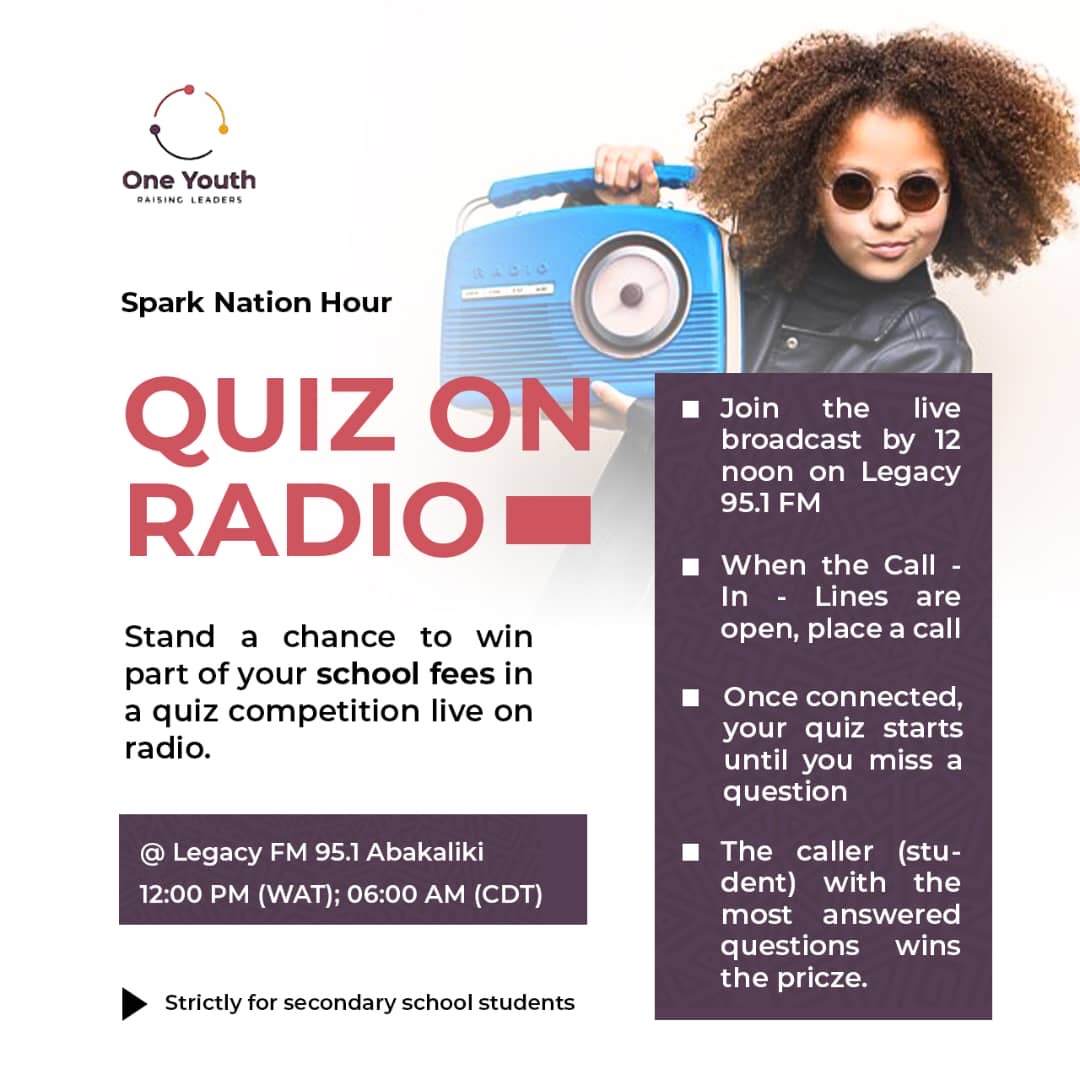Stakeholders in Ebonyi State have raised fresh concerns over what they describe as dangerous levels of voter apathy in the ongoing INEC Continuous Voter Registration (CVR) exercise, warning that the state and the entire Southeast risk losing political influence ahead of the 2027 general elections if the trend continues.
Speaking separately in Abakaliki, the Special Assistant to the Ebonyi State Governor on Inter-Party Affairs, Comrade Sunday Nwambam, and the Chairman of the Inter-Party Advisory Council (IPAC) in Ebonyi, Comrade Ernest Nwaze, urged residents—particularly the youth—to turn out in large numbers and obtain their Permanent Voter Cards (PVCs).
“With your PVC, you can be elected, you can choose who leads, and you can protect your future. No PVC, no voice,” they said.
Data from the Independent National Electoral Commission (INEC) paints a worrying picture. In the first week of the current CVR exercise in August 2025, Ebonyi recorded only 261 online pre-registrations, one of the lowest figures in the Southeast.
This continues a long-standing challenge. During the 2022 registration cycle, 58,228 persons enrolled in Ebonyi, but only 23,248 registrations were valid, while 34,980 were voided. INEC subsequently distributed just over 23,000 PVCs from the valid entries.
Even earlier, in 2018, INEC disclosed that more than 215,000 PVCs were lying uncollected in Ebonyi. Out of about 124,514 prospective voters registered from 2014/15 and 2017 CVR, only 24,154 had collected their cards, leaving over 100,000 unclaimed PVCs.
Comrade Nwambam dismissed narratives suggesting that the 2027 elections had already been predetermined, describing them as dangerous distractions meant to discourage participation. He also called on INEC to address logistical challenges, including the shortage of registration machines at overcrowded centers.
“We can’t have thousands waiting to register and only two machines. INEC must act,” he said.
On his part, Nwaze warned that low registration figures could weaken the Southeast’s bargaining power in national politics and even in resource allocation.
“If we stay behind, we’ll lose influence in politics and in funding. Power follows numbers,” he emphasized, urging Ebonyi indigenes in other states to return home and register locally.
As the countdown to the 2027 general elections begins, stakeholders are united in their message: unless Ebonyi residents register, collect their PVCs, and participate actively in the democratic process, the state risks silencing its political voice for years to come.
Stay updated with Ebonyi News Network for real-time reports, in-depth analysis, and exclusive coverage of policies shaping Ebonyi State.

